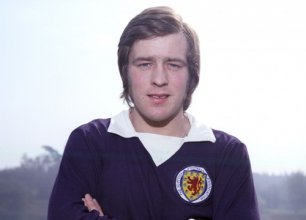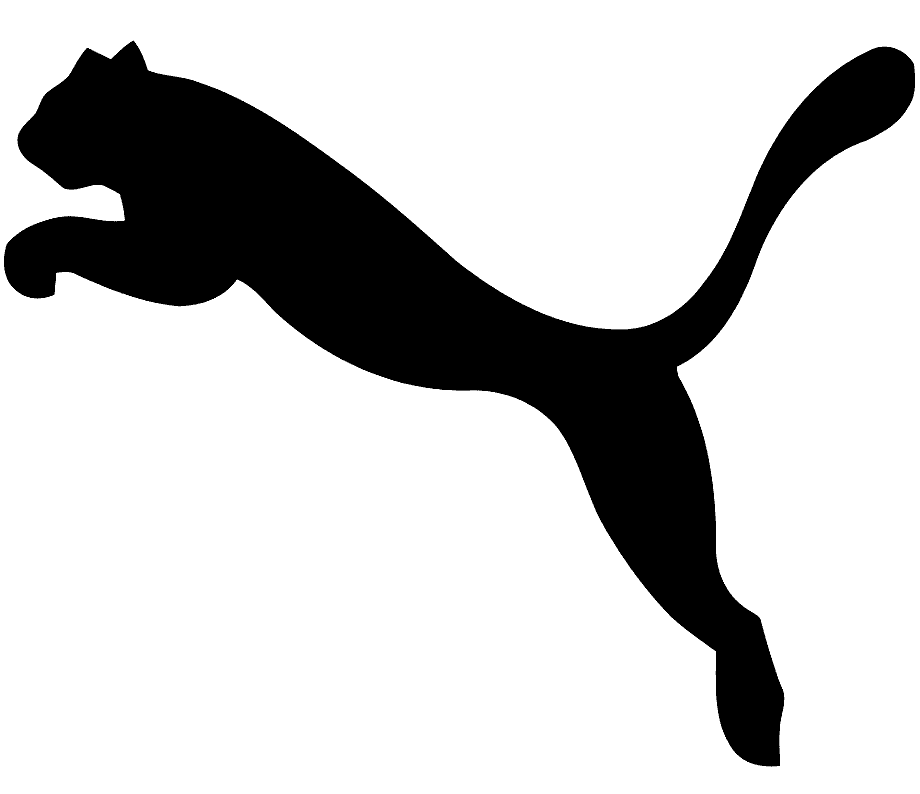Writing Shades: The Short Life and Tragic Death of Erich Schaedler was a labour of love for Colin Leslie, however any work that is carried out to chart the life of a hero that dies aged just 36 is bound to be tinged with sadness.
Schaedler was a fiercely competitive left back who was respected by his opponents for his tough but fair approach in a career that started at Stirling Albion in 1969 before moving to Hibs later that same year.
He became an integral part of the team dubbed ‘ Turnbull’s Tornadoes’ that won the League Cup in 1972-73 under the guidance of Eddie Turnbull and who gave a dominant Celtic team of the early seventies a real challenge.
Schaedler was capped once by Scotland and was part of their squad for the 1974 World Cup before moving on to Dundee in 1977 where he won a First Division winners medal.
He returned to his beloved Easter Road in 1981, and played there until he joined Dumbarton in 1985 however his life ended on Christmas Eve 1985 in the Cardrona Forest aged only 36.
His career and death, which has been the subject of much debate, has been charted by Leslie who carried out many conversations with the people involved in Schaedler’s career as he researched his book.
Leslie explained why he had chosen Schaedler saying: “He was a hero of mine as a player and this was also the opportunity to look again at the tragic circumstances of how he left us. He was the first of the 'Turnbull Tornadoes' to pass on. The book is a tribute to a hard working player but there is an element of investigation into Erich’s death.”
“I grew up watching Hibs in the 1980’s but unfortunately I never saw him play in the great Hibs side of the early seventies. The team from the 1980’s was a pale imitation of the Turnbull side that would beat everyone in Scotland apart from Celtic.”
“If it was not for Jock Stein and his Celtic team of the time who knows what that Hibs team would have won.”
Leslie continued: “Schaedler was not the best footballer in the side and that is no surprise when you see the players involved but he had a massive role in their success. There were great footballers there like Pat Stanton, Alex Cropley and Alex Edwards but Erich had something about him.”
“When I watched him in the second spell he was into his thirties but he was still a 100% committed player. He gave it everything in every game and he was respected by both people with Hibs connections and by other teams for that approach.”
“Opposing fans liked him as they recognised how hard he worked for his team and they also liked his hard but fair approach. Of course he made mistakes, made the odd bad challenge and picked up bookings but he was widely recognised as a good professional.”
Schaedler was the son of a German Prisoner of War, however he turned out in dark blue as well as green and white with Leslie saying: “He was a proud Scot and both he and his family could not have been prouder of him being picked to play for Scotland. He got the one cap, ironically against West Germany, as part of the build-up to the World Cup in 1974. Willie Ormand had seen enough to take him to the Finals with were being held in his father’s country of birth however he never played against Zaire, Brazil or Yugoslavia.”
Not playing at the World Cup was no shame as Leslie explained: “It was no real surprise that he did not feature as Scotland were blessed with terrific fullbacks at that time as Danny McGrain, Sandy Jardine and Willie Donnachie were all in the squad.”
“Jardine played at right back and McGrain was just so good that they found a place for him at left back. However Erich could always look back and say that he had played against the West German team that went on to win the World Cup.”
The love affair between Schaedler and Hibs was broken in 1977 with Leslie explaining: “He went to Dundee in-between the team of the seventies I wished I had seen and the team of the eighties that I did see. He played in a League Cup Final  for them and whilst he is always seen as a Hibs player he actually started off with Stirling Albion and then moved to Hibs.”
for them and whilst he is always seen as a Hibs player he actually started off with Stirling Albion and then moved to Hibs.”
“He joined Dundee and it broke his heart to leave Hibs. Eddie Turnbull was a great manager but he could be a difficult person and once there was a difference of opinion between him and Erich he was on his way.”
There was to be no sulking on the pitch with Leslie saying: “He gave Dundee his all and although he may have felt that is was second best after being with Hibs he played his part in a good team that were promoted under Don McKay. He also got to play in a fairly unique League Cup Final when Dundee took on Dundee United at Dens Park.”
“He went back to Hibs however Dumbarton were his final club and even though he was only there for a short time he made a huge impression.”
Leslie added: “Owen Coyle and Allan Moore were both Dumbarton players at that time and they speak about Erich in the book and they speak very warmly of him. They were young guys starting their careers but Erich took time to tell them what was required to be a good professional.”
“He had done that at Hibs as well. He gave his time to pass his experience on and players respected that.”
Just a few months into his Dumbarton career, Schaedler died aged 36 in what has been long regarded as a suicide and Leslie decided to look again at the circumstances surrounding his death on Christmas Eve 1985.
His work had the full blessing of Schaedler’s family as Leslie explained: “His mother and father have also passed on but his brother John was fully involved and behind the book. John and his wife are still looking for answers and to gain some sense of the sad way that Erich left us. They have never stopped looking for answers.”
“I spoke to everyone I could who had talked to Erich in his final couple of days and there was no indication that he would take his own life. His family are also convinced that he would not have taken his life and there is a doubt about what happened.”
 Leslie added: “The last people to see him alive all said that he seemed fine to them but there are reasons why he would not have taken his own life and there are reasons why he might have.”
Leslie added: “The last people to see him alive all said that he seemed fine to them but there are reasons why he would not have taken his own life and there are reasons why he might have.”
“Erich was a complicated character and sometimes players would talk about the need to leave him alone. There were a lot of layers to Erich and he may well have stuff going on that no-one knew about.”
“However it was a desperate action and whilst there remains a good chance that it was a suicide it does still have question marks attached to it about having more attached.”
Leslie summed up his research saying: “I did not get a definitive answer and what happens still remains a mystery.”
And what does he think of his hero now that he knows him better Leslie was asked and he replied: “He is more of a hero to me now after writing the book as I now know how much he was respected in football circles. No-one pretended he was someone he wasn’t either as a person or a player. He was a raw teenager when he arrived at Easter Road but he improved season on season through Turnbull’s teaching that he just soaked up and up.”
“John Fraser coached him well and of course playing with the likes of Pat Stanton and Jim O’Rourke could only have helped him.”
Leslie finished by saying: “I have written about Mel Charles, the brother of Welsh hero John Charles which was called in the Shadow of a Giant, and also a book about John Burridge however this book is different. That is not only due to the mystery of Erich’s death but also about how he began life.”
His father was a captured German prisoner of war who was actually a decent player in his day with Borussia Mönchengladbach. He stayed on after the war, married a Scottish girl and was accepted quickly into the country community out in Peebles. They just got on with things and of course were very proud when Erich played for Scoland. “
“Hopefully they would have been proud of this book.”
Writing Shades: The Short Life and Tragic Death of Erich Schaedler





.png)












